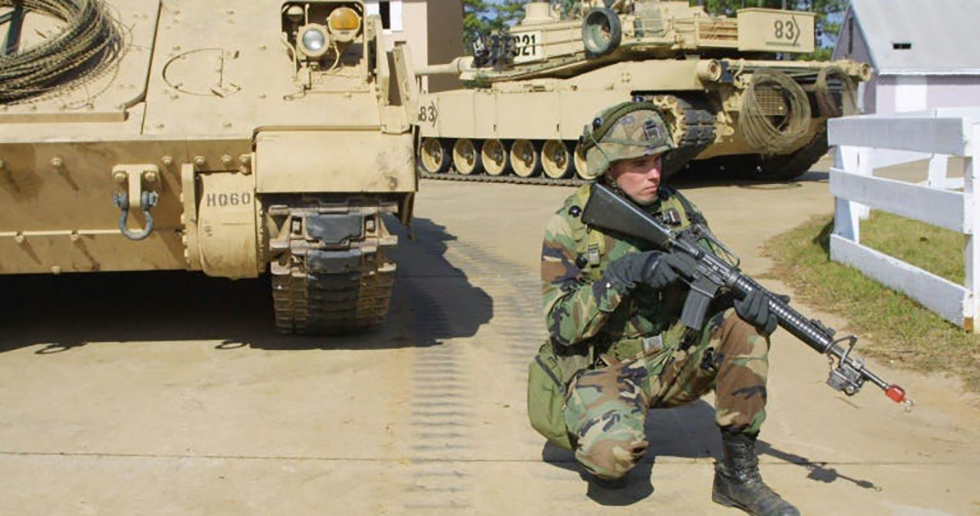

For example, martial law was declared in Japan from 1945 to 1952 during World War II and again from 1948 to 1950 after the outbreak of the Korean War. Martial law can be declared for short periods (usually less than six months) or for long periods (usually more than six months).Martial law is still used today to respond to natural disasters and other emergencies such as terrorist attacks or domestic riots or uprisings when civilians are not able to handle them on their own (for example, during the Haitian Revolution).Later, it was used by Emperor Constantine as part of his efforts to unite all people under one religion, Christianity. In fact, it was first implemented by Julius Caesar during his civil war against Pompey’s supporters in 49 BC. The term martial law comes from the Roman Republic and the use of military forces to maintain order during times of civil unrest.In this case, martial law is not a formal declaration by a government but rather the result of an actual emergency. Martial law is a state of emergency in which the government may suspend some rights and impose military rule.Ultimately, the question of whether a president can stay in office during martial law would have to be decided by the courts. It is also possible that the president could stay in office during martial law, but would be limited in his or her powers and would have to defer to the military commander in charge of the martial law regime.

However, some legal experts believe that the president would have to step down if martial law were declared, as the presidency is a civilian position and martial law is a military measure. The Constitution does not explicitly address the issue, and there is no precedent to guide us. This article will explore more about whether a president can stay in office during martial law and why.Ĭan A President Stay In Office During Martial Law? When the government declares martial law to respond to such an emergency, can the president stay in office? If you’re looking for answers regarding this topic, you have come to the right place. However, when the possibility of a natural disaster such as an earthquake or pandemic outbreak becomes real, many people wonder how the government would respond and how it would affect the presidency. It does not necessarily mean military rule or dictatorship. But a more accurate reading of martial law is that it’s simply a state of heightened readiness to respond to an emergency. When people think of martial law, they often think of military rule and despotic leaders.


 0 kommentar(er)
0 kommentar(er)
